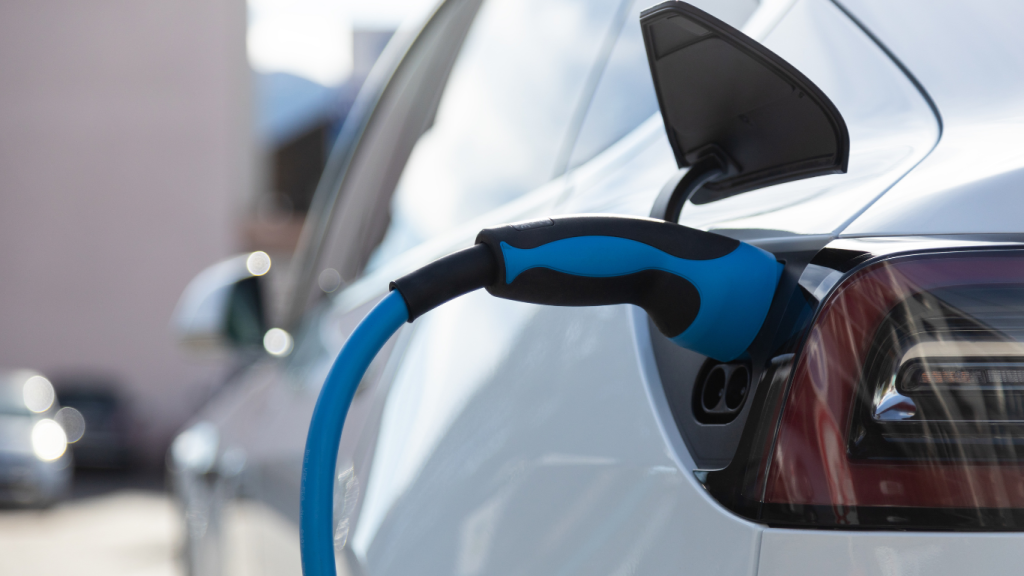New law will accelerate Wisconsin’s transition to clean transportation
Today the Wisconsin legislature took the final step to approve changes to Wisconsin’s electric vehicle (EV) charging law, paving the way for the state to receive $78 million in funding from the Biden Administration to build a statewide charging network. The bills, which were supported by Clean Wisconsin along with environmental and business groups across the state, will now head to Gov. Evers for his signature.
“Passing with such strong bipartisan support in today’s divisive political climate demonstrates how common-sense these bills are,” says Clean Wisconsin Climate, Energy and Air Program Director Chelsea Chandler. “A statewide charging network will help more drivers make the switch to electric vehicles, slashing air pollution and greenhouse gas emissions while creating more jobs and opportunities for local businesses.” Chandler notes that even with today’s coal and gas dominated electrical grid, charging and driving an electric vehicle still produces fewer emissions overall than driving a conventional gas-burning car.
“As Wisconsin transitions to carbon-free electricity with wind and solar taking the place of coal and methane gas, the benefits to our environment and health from driving EVs will only increase,” she says. “We know exposure to tailpipe emissions comes with an enormous public health cost, particularly for vulnerable populations, like increased risk of asthma and lung disease.”
The bills align Wisconsin’s EV charging statutes with national standards, allowing drivers to pay for the amount of energy they use instead of the amount of time it takes to charge. Chandler says the move puts Wisconsin in the same lane as other states that have figured out how to make charging fair and convenient and qualifies the state for $78 million in federal funding through the National Electric Vehicle Infrastructure (NEVI) program.
Once the law is signed and takes effect, Wisconsin drivers can expect to begin seeing more charging offered along highways and transportation corridors across the state, including at convenience stores like Kwik Trip.

